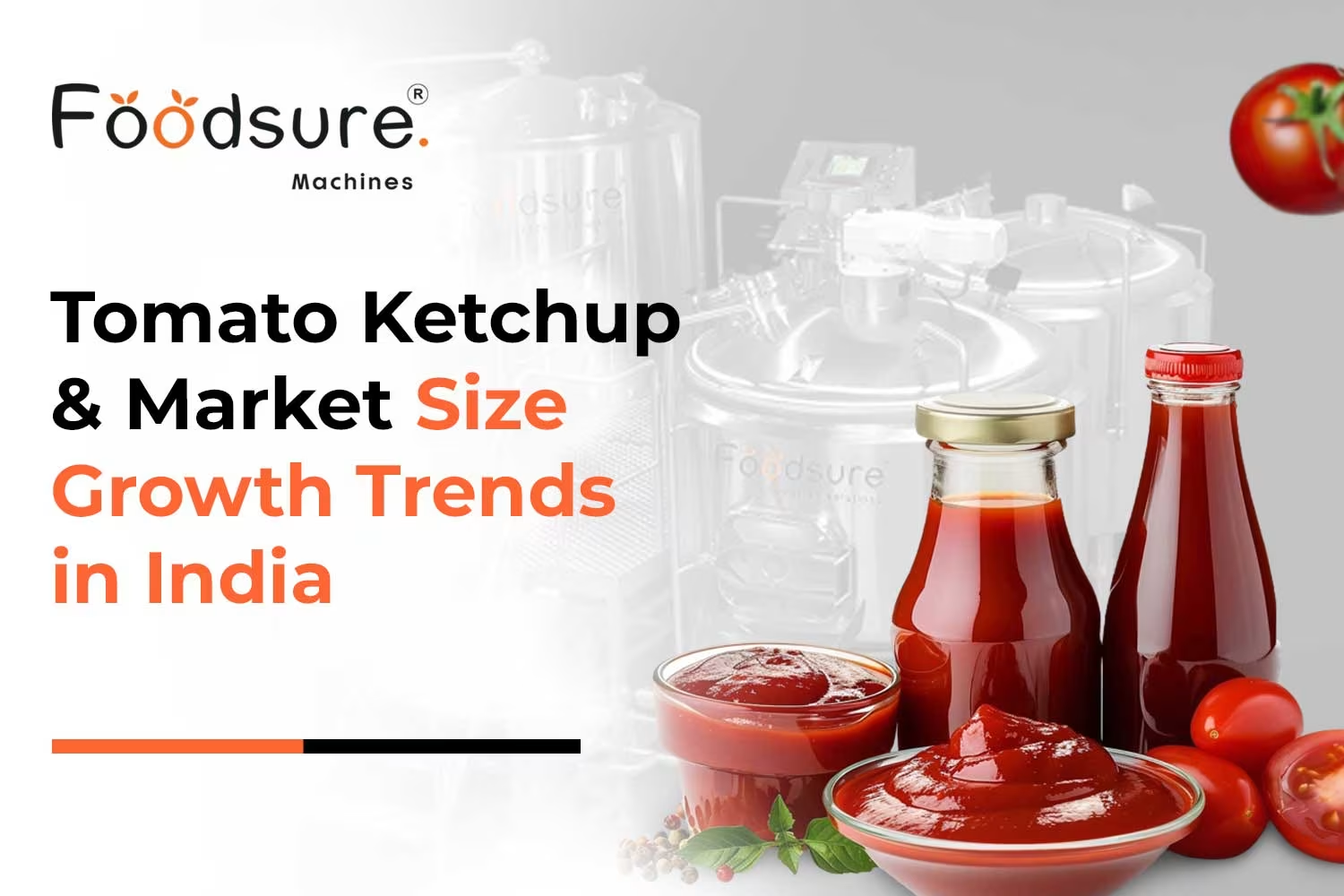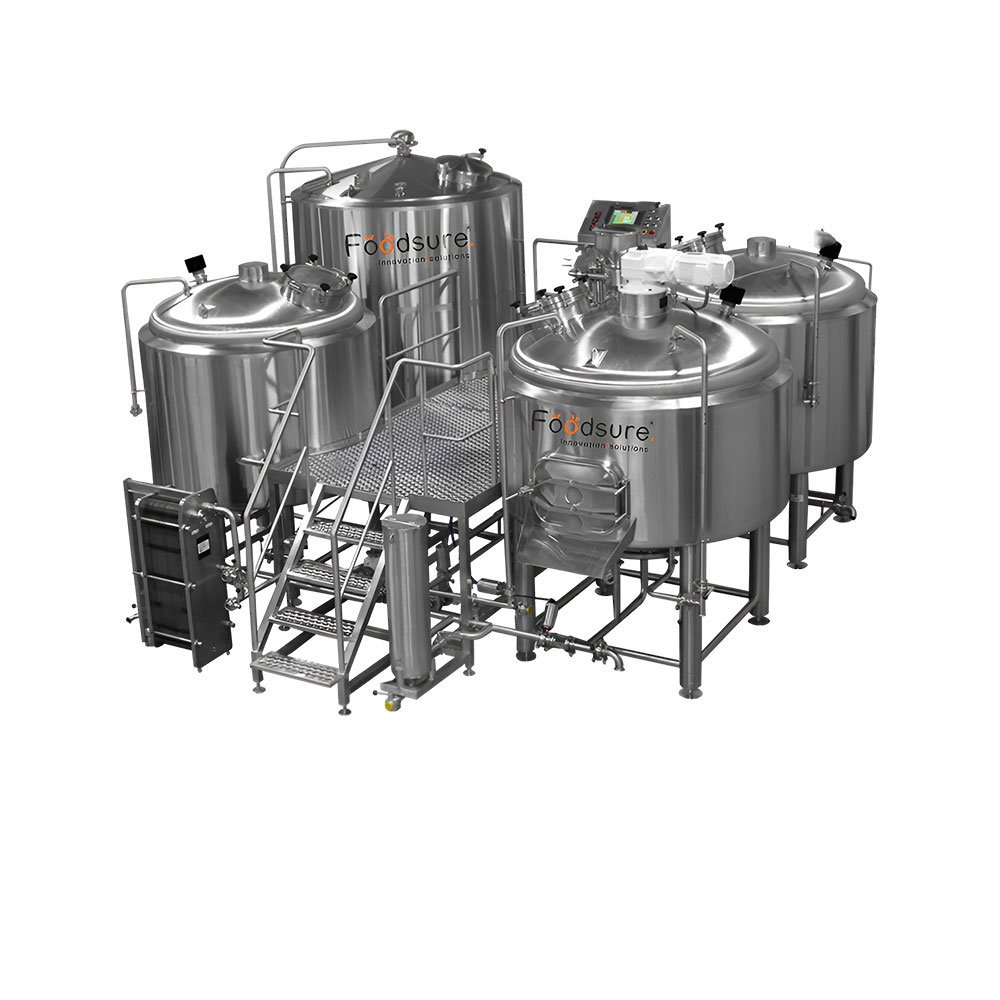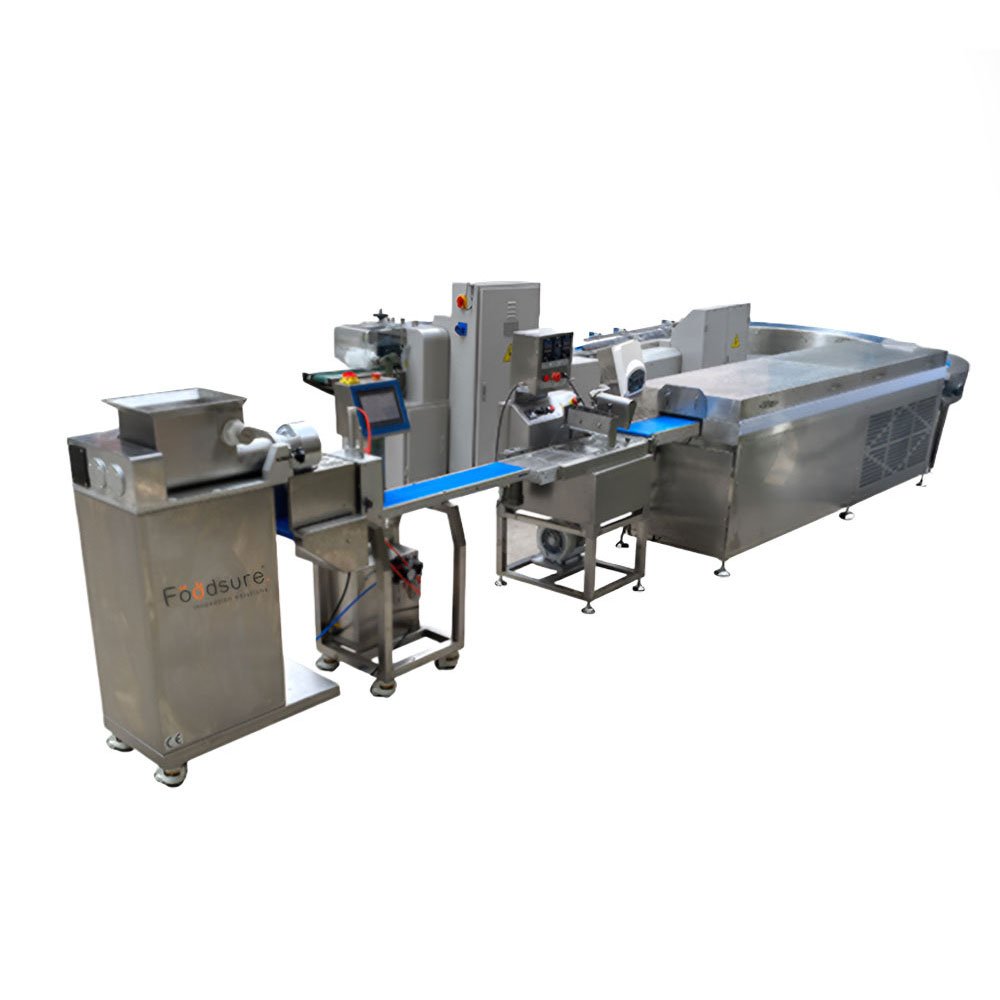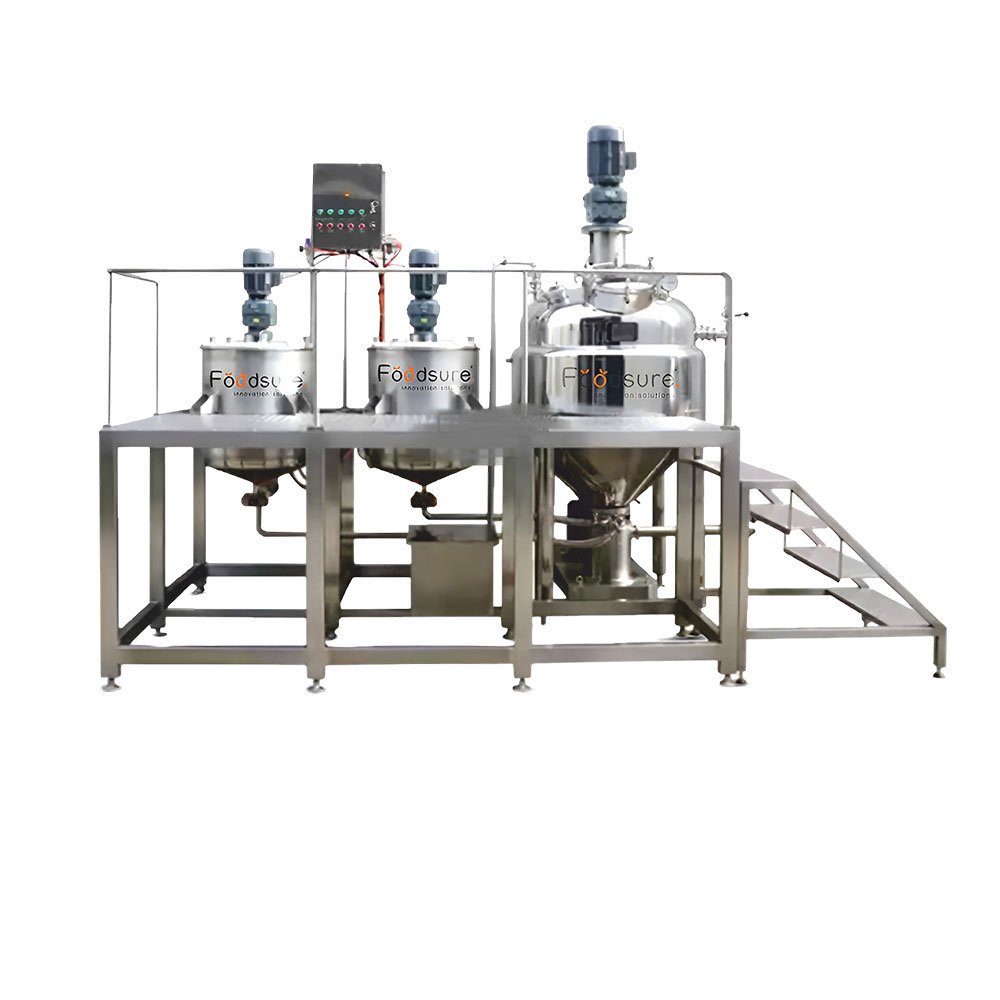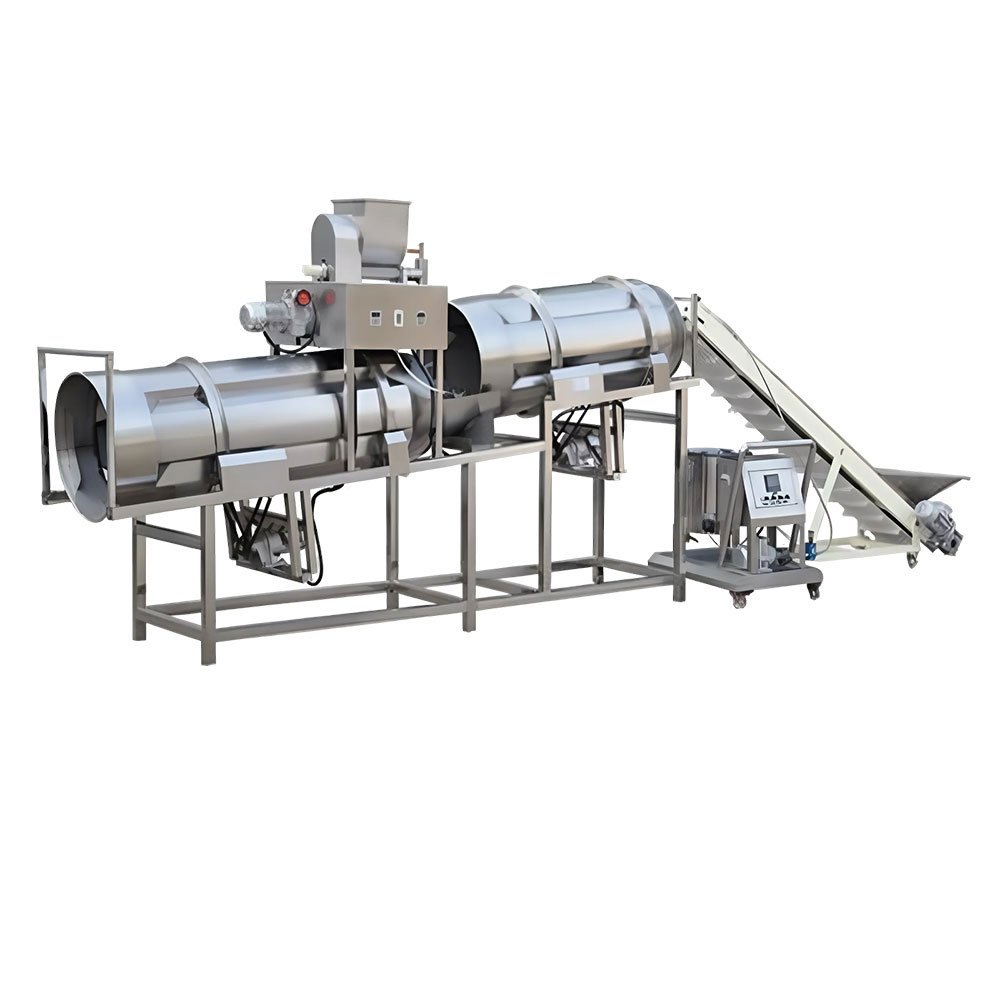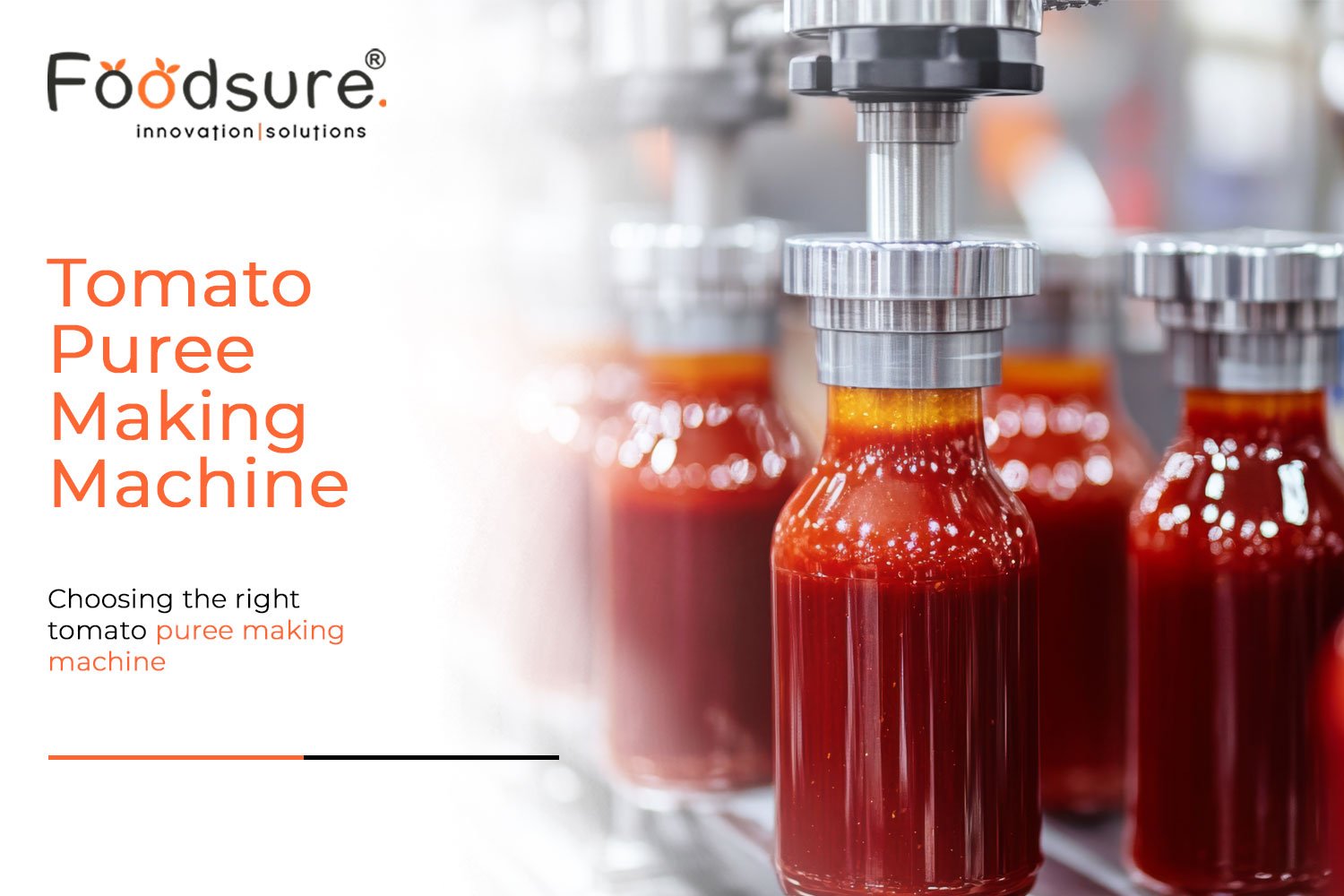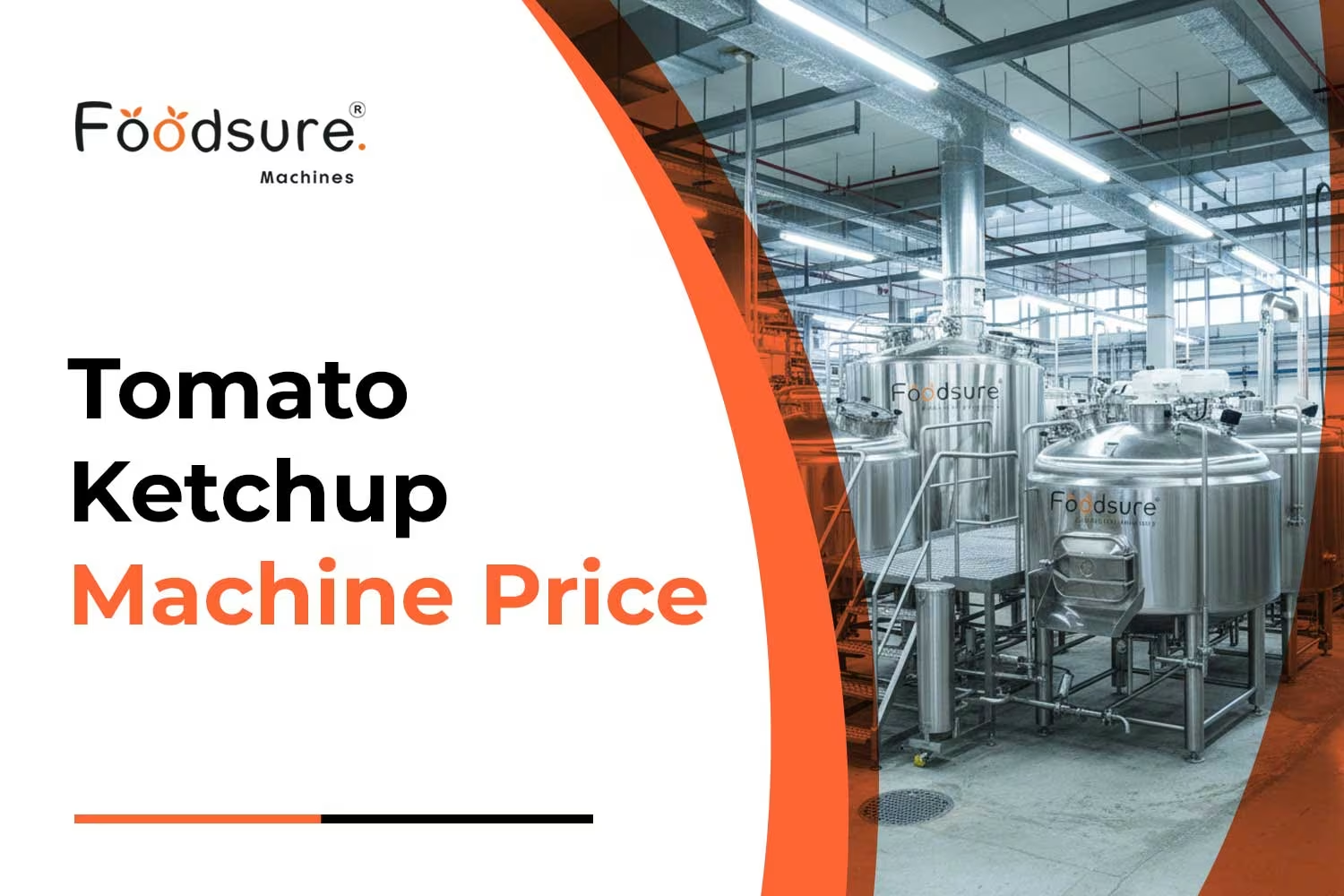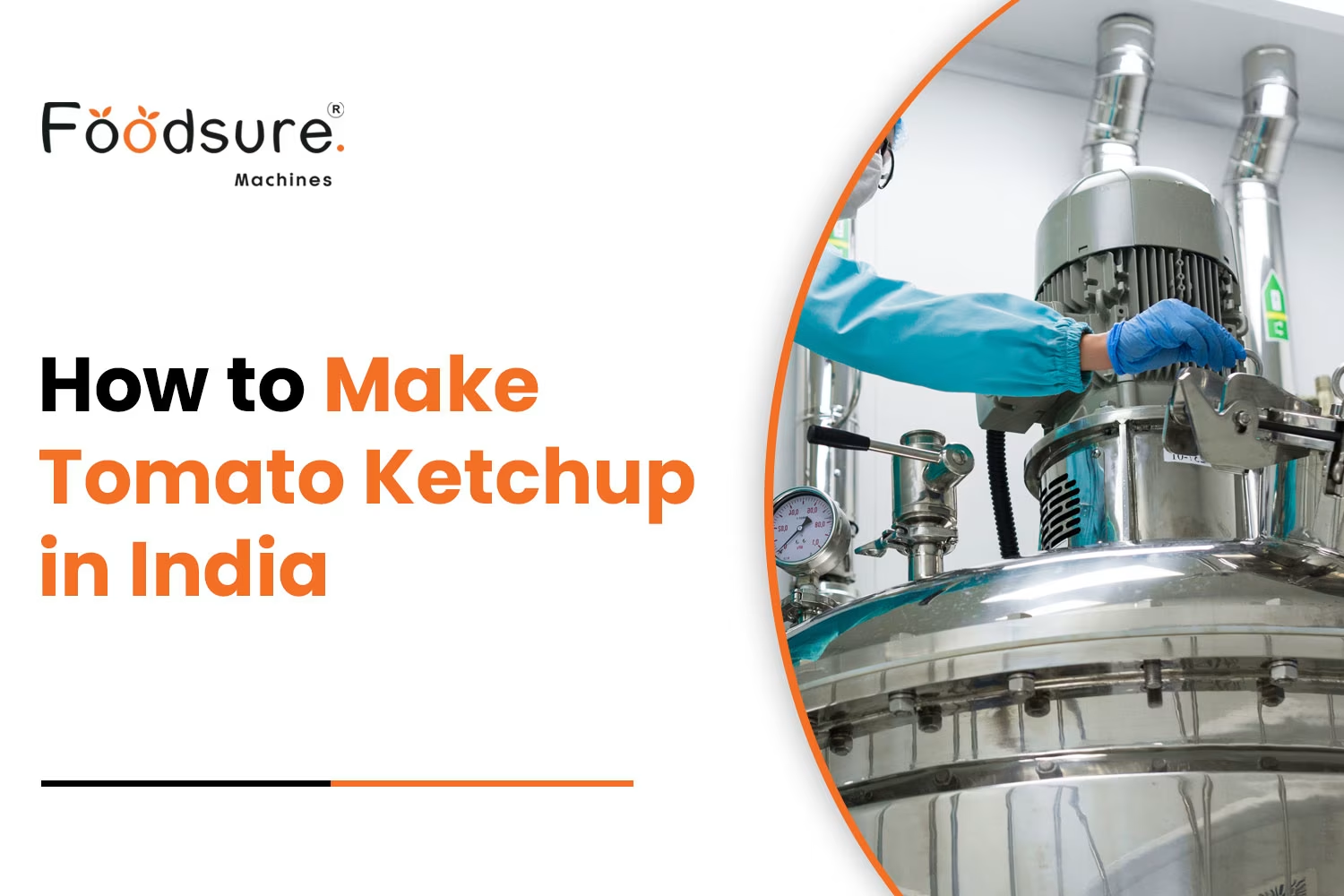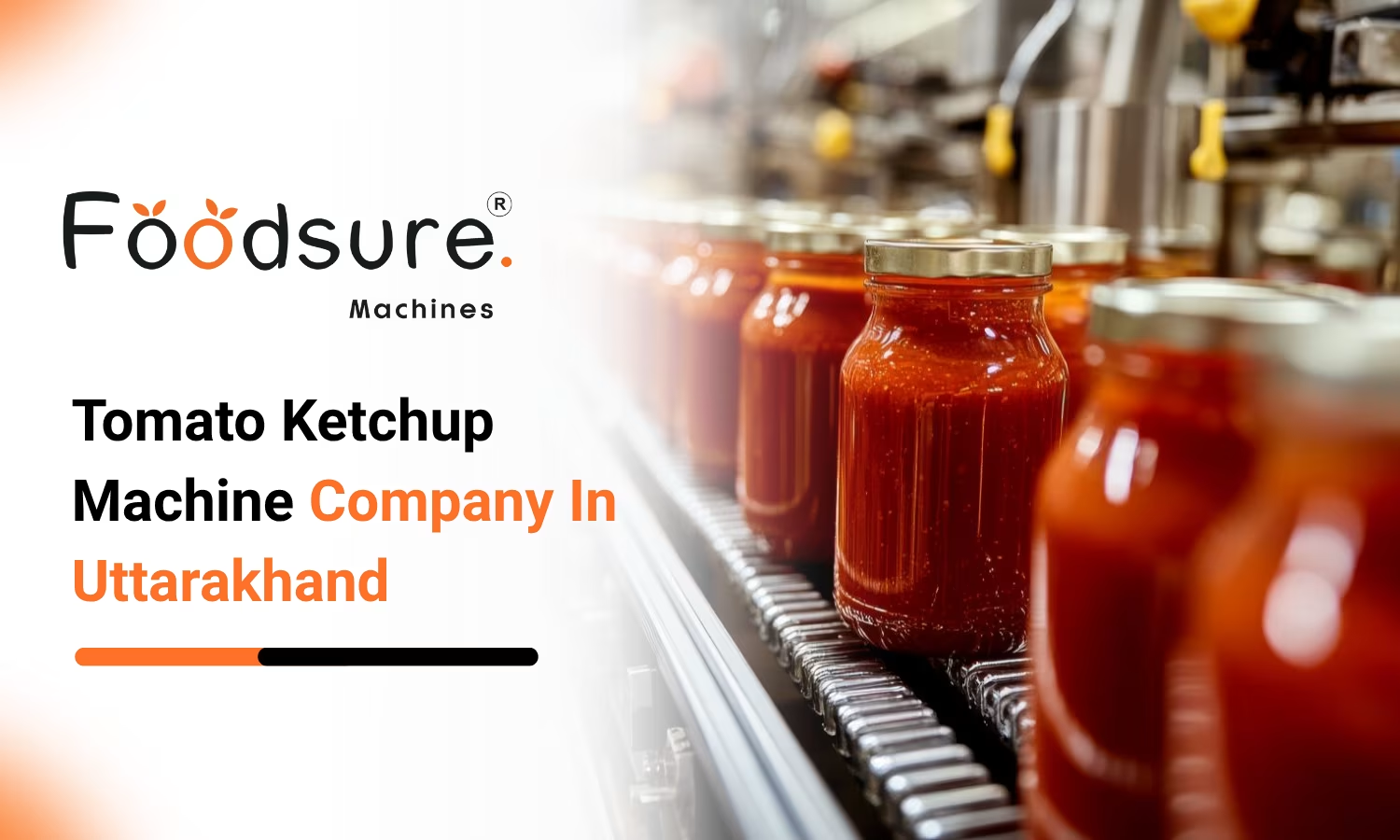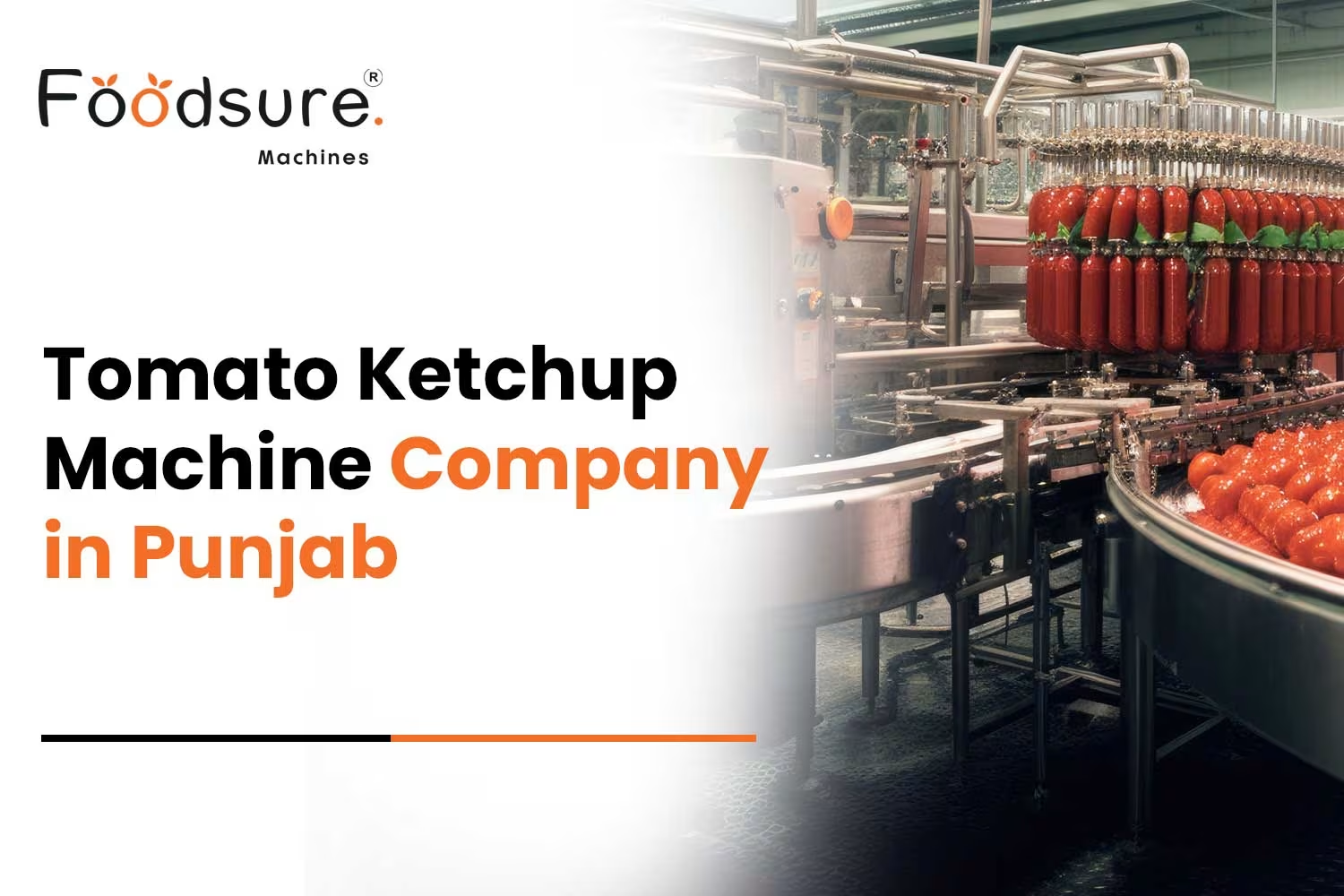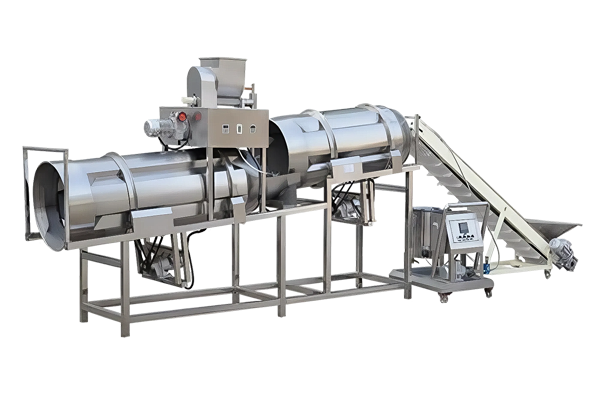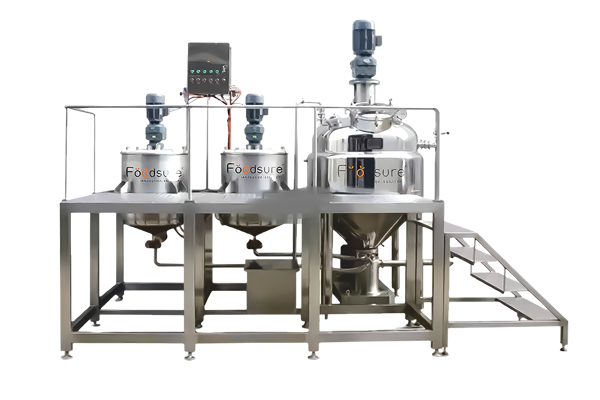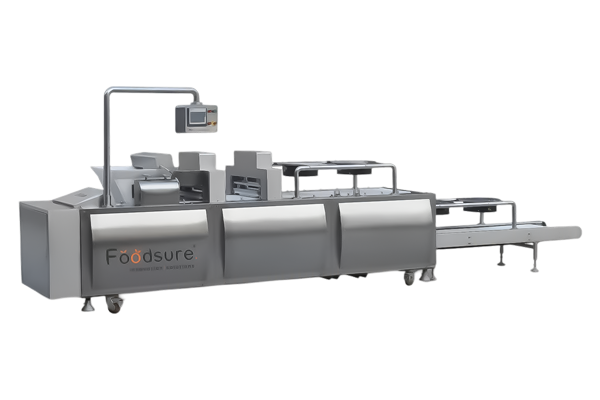The overall ketchup marketplace is maintaining its health with a good compound annual growth rate (CAGR) of about 6.1%. It is predicted to exceed $27.3 billion by 2026, mainly due to the ongoing trend of convenient food options as well as new flavors. The Indian market is one of the fastest-growing ketchup markets in the world. The Indian ketchup market is expected to reach $659.6 million by 2024, with a considerable CAGR of 15.4% expected from 2026-2033, growing to $2.39 billion in 2033.
Tomato Ketchup Market Size & Key Growth Trends Explained
In 2024, the worldwide market for tomato ketchup reached almost $25.9 billion, with a CAGR of 3-6%. Tomato ketchup market size in India was $659.6 million and was projected to grow at a 15.4% CAGR until 2033.
However, the supply chain of ketchup in India makes it vulnerable to seasonal tomato supply risk. It is exposed to sudden weather events that can cause significant crop loss and price fluctuations, including heat waves, the arrival of unseasonal rains, and delayed arrivals of monsoons. When there is a supply disruption, it results in a limited supply of raw materials that can raise the cost of production and, in the longer term.
Worldwide Outlook: Tomato Ketchup Market Size and Growth
The global tomato ketchup market continues to expand, driven by the need for convenience foods and changing diets around the world.
- Worldwide, the tomato ketchup market segment continues to expand as people continue to have shifting diets, typically preferring convenience-led foods.
- North America and Europe, being mature markets, continue to be dominated by globally recognized ketchup brands, typically with traditional products, and health and well-being products also: Heinz, Unilever, Nestle, and Kraft Heinz are the principal brands.
- Asia-Pacific, viewed as a growth market, is growing the fastest, driven by rapid urbanization, rapidly increasing levels of disposable income, and rapidly growing quick-service restaurant (QSR) presence.
- Flavors continue to be attractive and innovative, with options that include spicy, herb-based, and low-sugar varieties, along with packaging formats that now express options with squeezable bottles, single-serve packets, reclosable packs, and biodegradable materials, putting value in consumer convenience and/or environmental waste.
Tomato Ketchup Machines: Key to Market Size and Growth Trends
The tomato ketchup market is growing, and a manufacturer cannot grow in capacity without investing in new or improved processing equipment. Below are five reasons to invest in a tomato ketchup processing machine to help you grow your manufacturing business:
- Efficiency and Reduced Processing: The pump, cook, blend, and fill into the same machine for faster production time.
- Consistent Quality: The machine will be the same temperature or viscosity throughout the process, so your next batch will taste just like the last batch.
- Increased Profitability: dedicated processing equipment will improve your yield on materials, provide longer shelf-life, and labor savings.
- Meeting the New Demand: dedicated equipment will help your manufacturing business for future local retail, online sales, and/or institutional capabilities.
- Food Safety and Compliance: Dedicated equipment will be stainless-steel food-service equipment and will be compliant with FSSAI and other global standards.
- Level of Competition: Small and medium-sized manufacturers can remain relevant and compete with the large manufacturers by (re)creating the same product and ensuring a consumer will have a similar product that tastes the same.
Why Tomato Ketchup Demand Is Growing Worldwide
Expansion of Quick Service Restaurants (QSRs)
- Growth of Quick Service Restaurants (QSRs), in the United States and internationally, has increased demand for tomato ketchup, as QSRs make ample use of ketchup as a condiment and encourage an overall increase in consumption as their menus extend to add further products, such as sandwiches, burgers, and French fries.
Convenience & Packaged Foods Consumption
- The continued demand for ready-to-eat foods is coming from the fast-paced lifestyles of city life, and also contributes to an increase in dual-income families. Packaged ketchup, such as condiment ketchup, is particularly suited to the needs of convenience as it is an easy flavor enhancer for snacks and meals, regardless of where they are eaten.
Innovation in Pouch and Sachet Packaging
- The innovation in packaging options (e.g., squeezable pouches, single-serve/portion-controlled sachets, and eco-friendly packs and sachets) has provided additional convenience, less waste, and ketchup products are evolving with an increasingly younger-aged consumer, and more health-conscious consumers.
Export Opportunities of Indian Ketchup Manufacturers
- Indian ketchup manufacturers are seeing a growing export opportunity to the Middle East, Africa, and Southeast Asia due to price-point advantages, improved quality, and overall standards.
Government stimulation of food processing (PLI Scheme, Subsidies)
- The Production Linked Incentive (PLI) scheme and subsidies for food processing created by India are designed to drive growth for the sector through infrastructure development, preventing post-harvest loss, and increasing domestic production of tomatoes.
Key Challenges Affecting Tomato Ketchup Market Growth
Micro and Small Enterprises (MSEs) that are engaged in the manufacture of ketchup encounter a variety of conditions that can be disruptive to growth and continuing profits.
- Fluctuations in tomato supply and the cost: The supply of tomatoes can be seasonal, and disruptions can raise the cost of this commodity. The impact for MSEs is that this impacts their budget and margins. This requires planning by way of procurement of tomatoes and storage, and prudent risk mitigation.
- Competitive market: MNCs dominate the shelves of nearly every retail outlet, and established local brands leave limited space for MSE competition, which would be differentiated by product quality, price point of products, or specialized foods.
- Compliance with FSSAI and Hygienic Protocols: Indian regulation requires standards to ensure food standards are met, such as labeling or hygienic issues of compliance with specifications. A fine may apply depending on the non-conformance, as well as a product recall, ban, or removal.
Step-by-Step Action Plan to Enter the Tomato Ketchup Market
It is crucial to identify the right tools and techniques for marketing success in selling products to the right customers.
- Traditional “offline” methods might involve supermarkets, local grocery stores, quick-service restaurants (QSRs), or customers (single unit or institutional volume like schools, canteens).
- Working to develop and manage strong relationships with your distributors and/or retailers will help you build “goodwill” that will get your product on the shelf and/or stocked to meet their particular demands.
- Just like a seller can sell units on the shelf, marketing online has become equally important in a rapidly growing world of e-commerce and grocery purchasing application stores.
- Depending on the products, sellers can sell through, to name a couple of examples, Amazon, FlipKart, and/or specialty food e-commerce sites. Similarly, for small manufacturing items, it may be much easier to go off the sales channel and build relationships with urban end-users/ailes than traditional practices.
- Similarly, through social media, sellers can build awareness and customer opens through influencer outreach, advertising, etc.
Conclusion
At Foodsure Machines, we are committed to supporting manufacturers in growing and operating efficiently with our collection of Automatic Tomato Ketchup machines. Our machines will help you maintain quality, increase production, and meet the requirements of the Food Safety and Standards Authority of India (FSSAI). You can trust our machines to meet your increasing market demand and sales, and effectively compete with larger brands, while you have our support and expertise to grow your business as best we can.
Request Your Free Quote Fast
Please reach out to us anytime via phone or email.
FAQ
1. How big is the tomato ketchup market in India?
₹3,500–4,000 Cr and growing rapidly.
2. How much is 1 kg of tomatoes in India?
₹25–₹40 depending on the region and season.
3. How to start a tomato ketchup business?
Set up a small-scale plant with FSSAI license and machinery.
4. Is the tomato ketchup business profitable?
Yes, with high demand and low raw material cost.
5. Which country consumes the most ketchup?
The United States.
6. Which country is No. 1 in tomato production?
China.
7. Which is the largest tomato market in India?
Maharashtra and Uttar Pradesh lead in production and trade.
8. What can replace tomato ketchup?
Tomato sauce, sriracha, or chutneys.
9. Which tomato ketchup is best in India?
Brands like Kissan, Del Monte, and Homemade are popular.
10. Which country is the biggest consumer of tomatoes?
China, followed by India.
11. Which company is best for tomato ketchup production equipment?
Foodsure Machines is a top choice in India.
12. How much does a tomato ketchup plant cost in India?
₹15–50 lakh for small to medium-scale setups.

